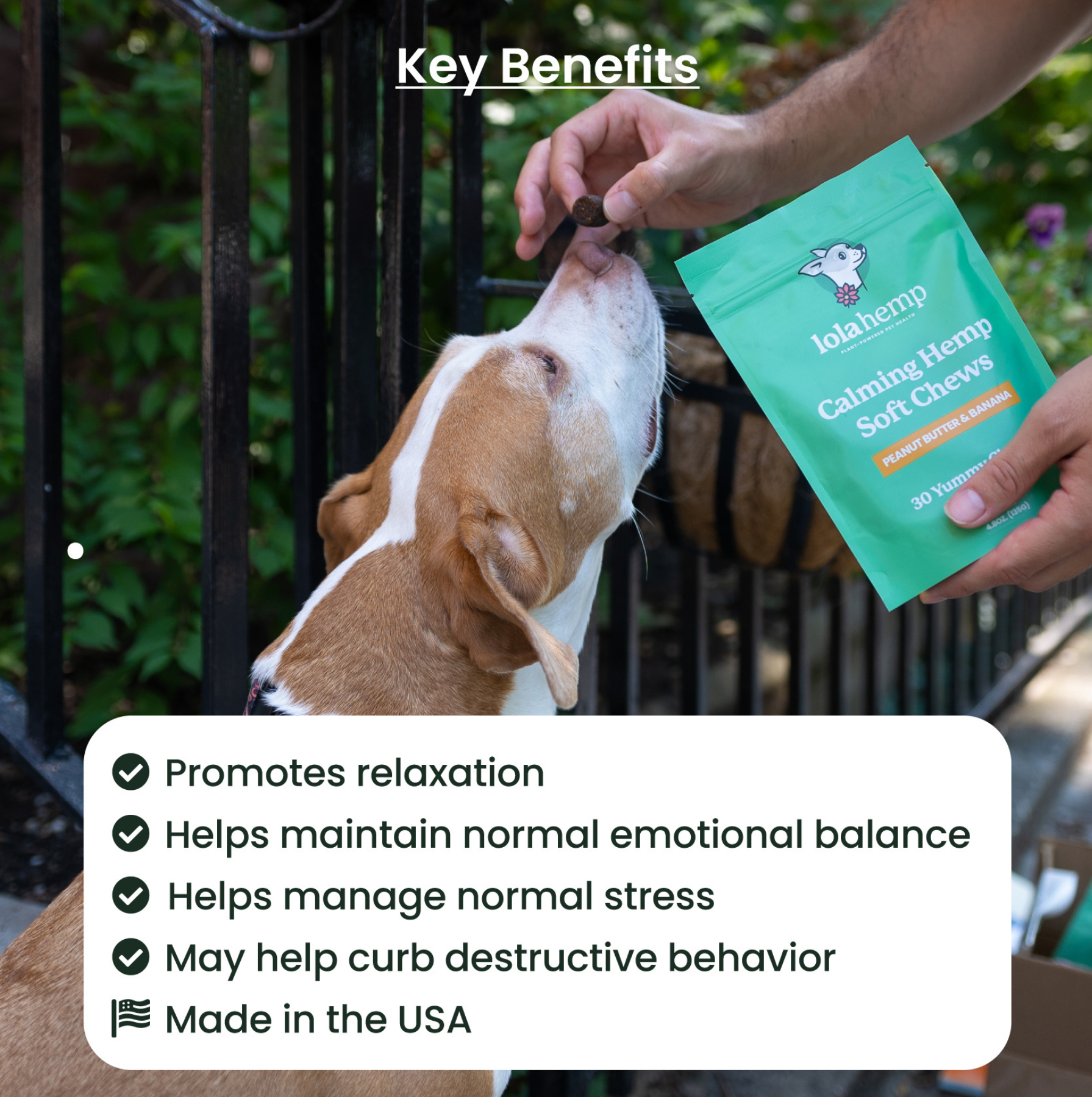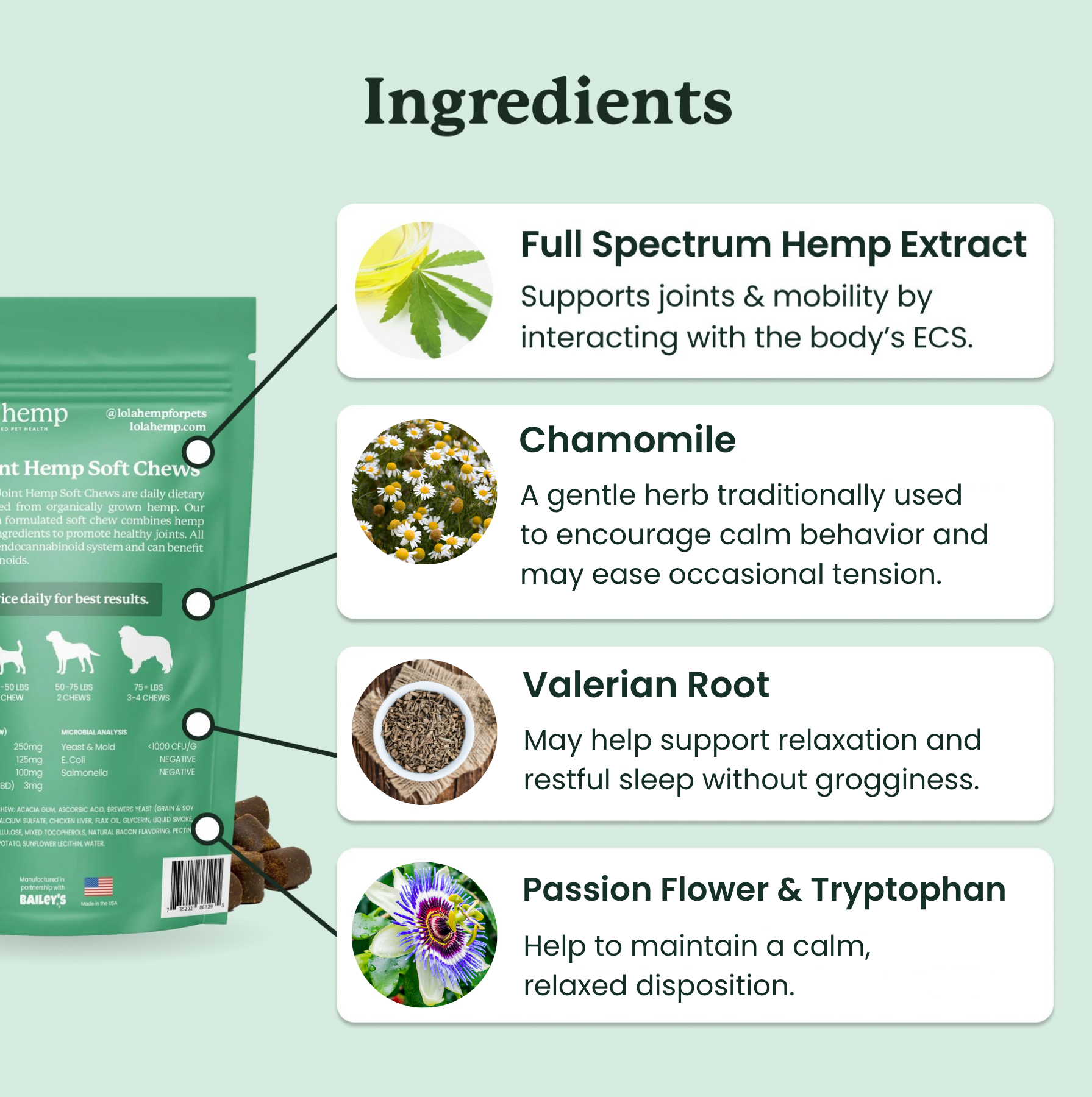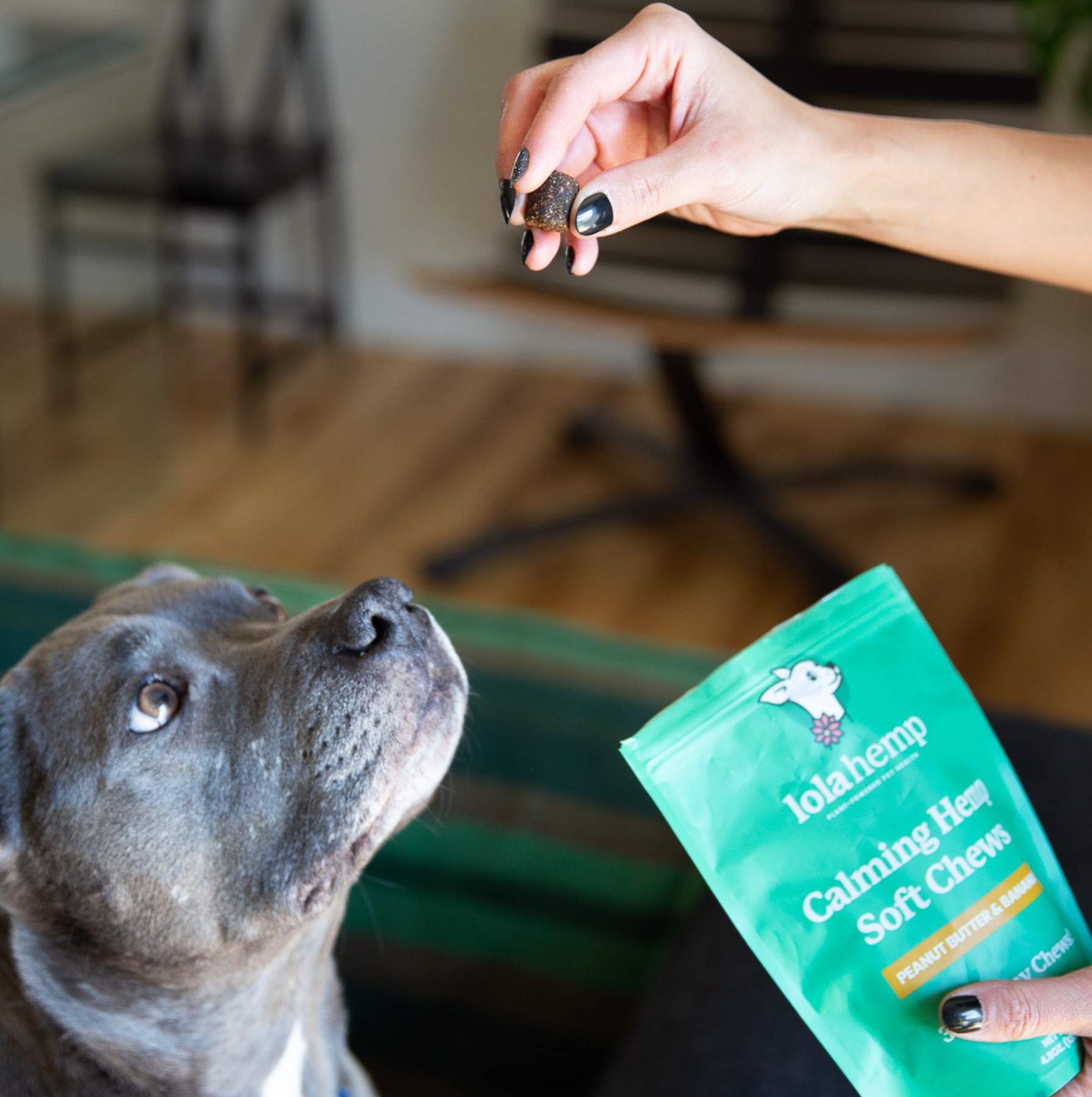If your dog is trembling right now, it might be hard to tell whether it’s a harmless reaction or a red-flag symptom. Dogs shake for emotional reasons (excitement, stress) and physical reasons (cold, pain, toxins, metabolic changes). Some instances of shaking are fine to monitor; others need a vet—now.
This guide explains what causes shaking, how to assess it at home, safe temperature ranges, when to call a vet, and what to do in the moment.
- My Dog is Shaking: When to Rush to The Vet
- 5 Reasons Your Dog Might Be Shaking
- Conclusion
- Frequently Asked Questions About Dogs Shaking
- 1. Why is my dog shaking?
- 2. When should I take my dog to the vet for shaking?
- 3. Can dogs shake from excitement?
- 4. How do I tell if my dog is cold?
- 5. What temperature is too cold for dogs?
- 6. Why does my dog shake when scared or anxious?
- 7. Can nausea cause shaking in dogs?
- 8. What toxins cause shaking in dogs?
- 9. Can low blood sugar make dogs shake?
- 10. How can I help a dog shaking from anxiety?
My Dog is Shaking: When to Rush to The Vet
Shaking can be normal for a short period—maybe your dog is cold or nervous. However, these cases require immediate attention:
- Your dog’s shaking is accompanied by vomiting, drooling, panting, weakness, diarrhea, or confusion.
- The shaking is intense or abnormal compared to your dog’s usual behavior.
- The shaking lasts longer than a few minutes without a clear cause.
- The shaking recurs more than once in 24 hours.
- You suspect your dog ingested something toxic.
If any of these apply, seek veterinary care right away. Trembling can signal serious medical issues requiring prompt attention.
5 Reasons Your Dog Might Be Shaking
Some shaking is completely normal. If your dog’s tremors are mild, short-lived, and not accompanied by red-flag symptoms, consider these possible causes.
1. Excitement Shaking
When dogs get excited—like when you grab the leash or return home—their sympathetic nervous system releases adrenaline. This increases heart rate and muscle activity, sometimes causing visible trembling. It’s harmless and usually fades within minutes.
2. Feeling Cold
Cold-triggered shivering is common, especially in short-haired or small dogs. Use the guide below for temperature safety:
| Air Temp (°F) | Risk Level | Guidance |
|---|---|---|
| 50°+ | Low | Safe for most dogs; monitor thin-coated breeds. |
| 40–49° | Moderate | Use a sweater for small or senior dogs. |
| 32–39° | Moderate–High | Limit outdoor time; use jackets. |
| 20–31° | High | Short potty breaks only for small or senior dogs. |
| Below 20° | Very High | Limit exposure; risk of frostbite or hypothermia. |
Dogs begin to risk hypothermia below 99°F body temperature. If shivering continues indoors or your dog feels cold to the touch, contact your vet.
3. Stress and Anxiety
Stress-related trembling can occur during fireworks, thunderstorms, car rides, or vet visits. To help:
- Move your dog to a quiet, dim room with soft background noise.
- Offer a lick mat, frozen treat, or chew for distraction.
- Use a calming vest if available, once they’re calm.
- Stay calm and avoid excessive comforting.
- Document the event for your vet if it happens often.
If shaking happens regularly, talk to your vet about behavioral or medical support options.
4. Nausea or Digestive Upset
Dogs often shake when nauseous, especially after eating something unusual or during motion sickness. Accompanying signs include drooling, lip-licking, or hiding. If symptoms last over an hour or involve vomiting, contact your vet.
5. Medical Causes
- Toxins: Chocolate, xylitol, antifreeze, or nicotine can cause tremors—call your vet or ASPCA Poison Control (888-426-4435).
- Seizures: Rhythmic jerks, drooling, or loss of control require urgent veterinary care.
- Low Blood Sugar: Toy breeds or puppies may shake, weaken, or collapse—rub honey on the tongue and call your vet.
Conclusion
Dogs shake for many reasons—from excitement to stress or illness. Occasional trembling without other symptoms is normal, but intense or prolonged shaking deserves a vet’s attention. When in doubt, check with your veterinarian to ensure your dog’s health and comfort.
Frequently Asked Questions About Dogs Shaking
1. Why is my dog shaking?
Dogs shake for emotional reasons like excitement or fear, and physical reasons like cold, pain, or illness. Occasional shaking is normal, but persistent or intense shaking needs veterinary attention.
2. When should I take my dog to the vet for shaking?
Seek care immediately if your dog’s shaking comes with vomiting, drooling, weakness, confusion, or suspected toxin ingestion.
3. Can dogs shake from excitement?
Yes. Excitement causes adrenaline release, leading to temporary trembling. It usually stops within minutes once your dog calms down.
4. How do I tell if my dog is cold?
Shivering, stiffness, or reluctance to move are early signs. Keep small, thin-coated, or senior dogs warm with jackets in cold weather.
5. What temperature is too cold for dogs?
Below 40°F, small or short-haired dogs may need protection; below 20°F, all dogs are at risk for frostbite or hypothermia.
6. Why does my dog shake when scared or anxious?
Fear triggers stress hormones that cause muscle tremors. Move your dog to a calm environment and use soothing, low-stimulation techniques.
7. Can nausea cause shaking in dogs?
Yes. Nausea, motion sickness, or digestive upset can trigger shaking. If it lasts over an hour or includes vomiting, call your vet.
8. What toxins cause shaking in dogs?
Chocolate, xylitol, nicotine, antifreeze, and some plants can all cause tremors. Call your vet or the ASPCA Poison Control line (888-426-4435) immediately if exposure is suspected.
9. Can low blood sugar make dogs shake?
Yes. Toy breeds and puppies are especially prone. Rub honey on the tongue if weakness or trembling occurs, and contact your vet right away.
10. How can I help a dog shaking from anxiety?
Provide a calm space, white noise, and comforting distractions like chews. For frequent anxiety, discuss long-term calming options with your veterinarian.









